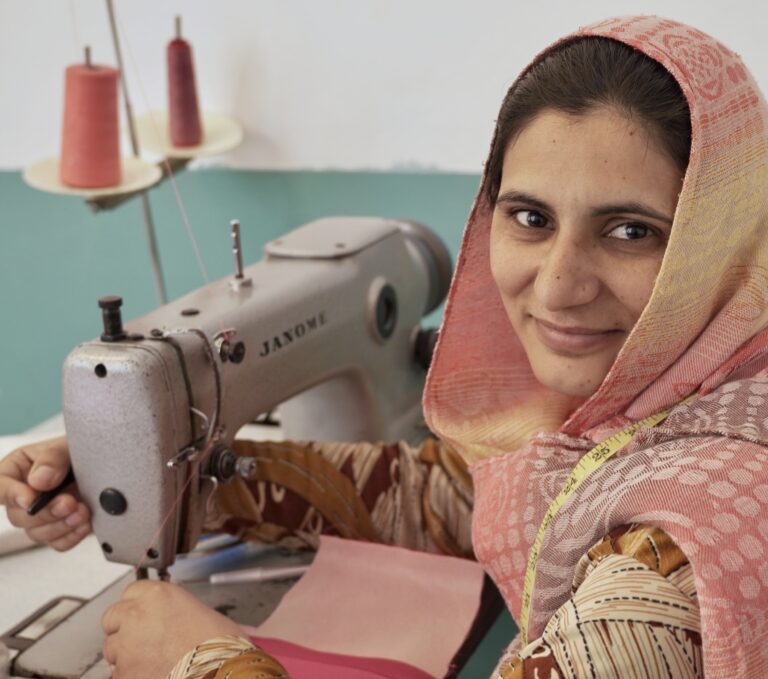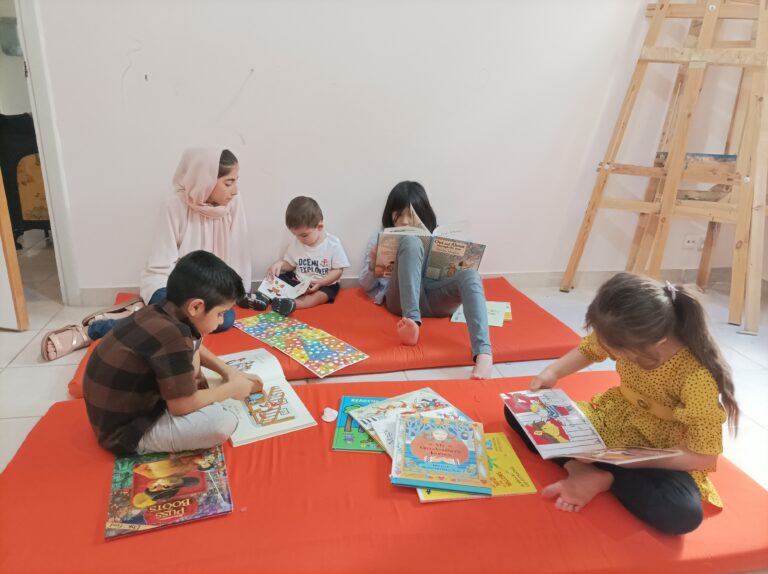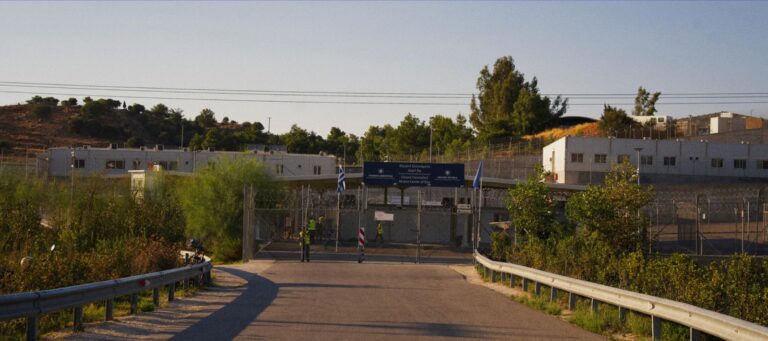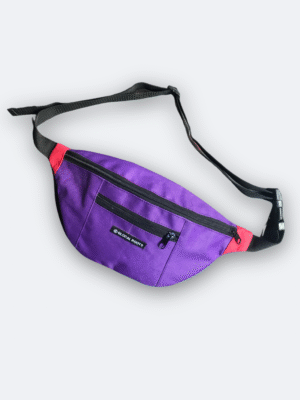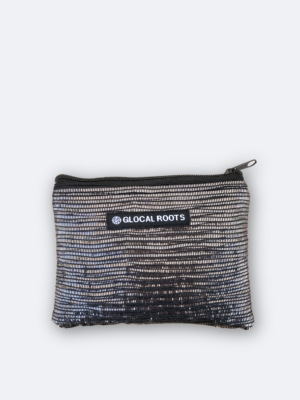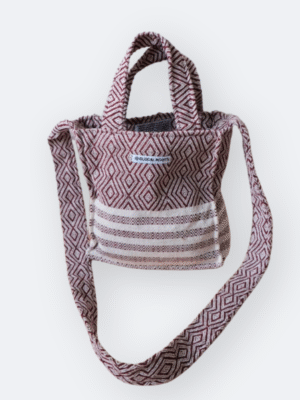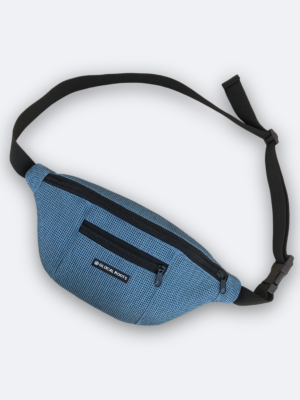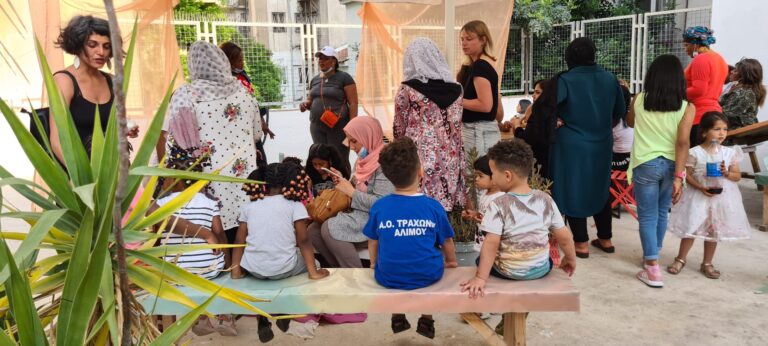
The Importance of Trauma-Informed Approaches in Refugee Support
In recent years, the global displacement crisis has reached unprecedented levels. Conflicts, persecution, climate change, and economic instability have forced millions of people to flee their homes to seek safety and dignity elsewhere. Whilst legal frameworks and humanitarian responses focus on shelter, food, and documentation. One crucial aspect is under-prioritized: the psychological and emotional impact of forced displacement.

